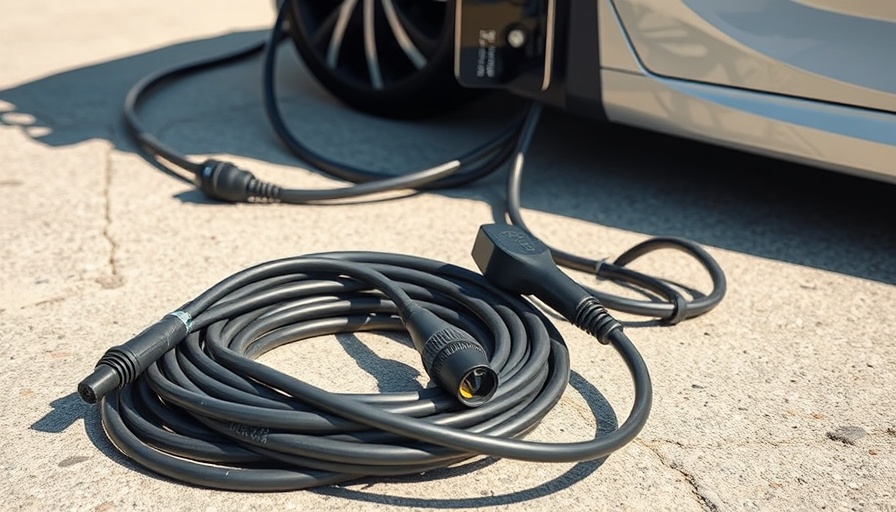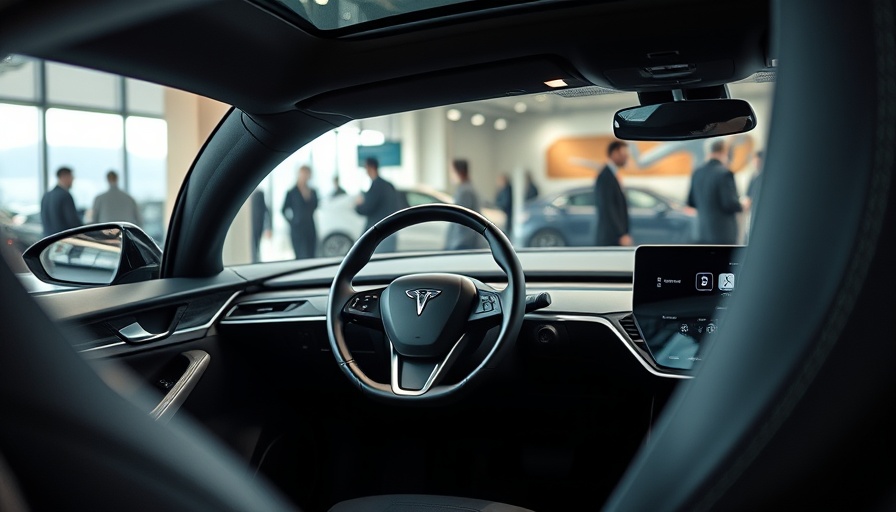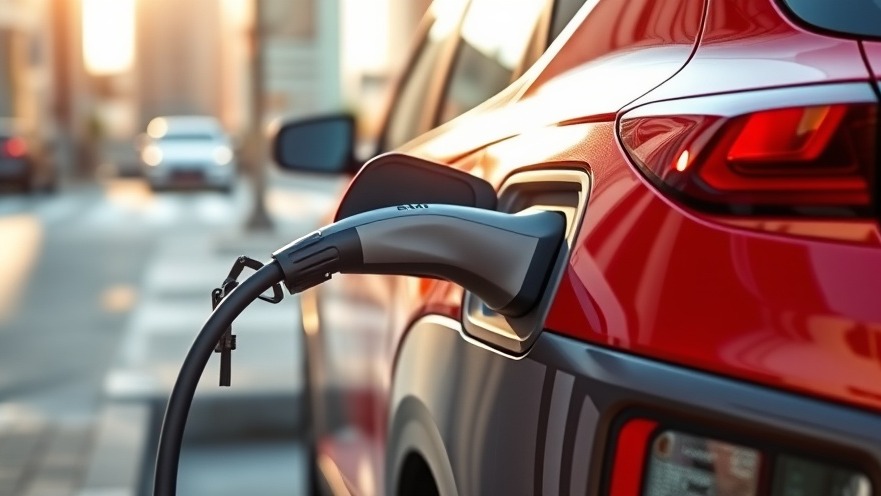
Understanding EV Charger Options for Boutique Hospitality
As the popularity of electric vehicles (EVs) grows, the hospitality sector must adapt to suit the needs of eco-conscious travelers. Two of the most common charging solutions are Level 1 and Level 2 EV chargers, and understanding their differences is essential for boutique hospitality professionals looking to enhance their guests' experience while promoting sustainability.
Decoding Level 1 vs. Level 2 EV Chargers
Level 1 chargers are typically the standard option, plugged into a regular 120-volt household outlet. They deliver about 4 miles of range per hour of charging, translating to a lengthy 11 to 20 hours for a complete charge. For establishments that cater to guests with longer stays or limited access to charging stations, this slow pace might suffice. However, for most modern travelers with demanding schedules, this might not be practical.
On the other hand, Level 2 chargers connect to a more powerful 240-volt outlet, which can supply between 6.2 kW to 19.2 kW. This translates into a charging capability that can add 32 miles of range in as little as one hour. This expedited service can create a more convenient and enjoyable experience for guests, allowing them to charge their electric vehicles overnight—or even while they dine or attend events.
Learn more about Level 1 and Level 2 chargers.
Why Should Boutique Hotels Consider Level 2 Chargers?
One of the critical advantages of a Level 2 charger is its speed. With the perk of charging your EV in a fraction of the time, guests can maximize their stay without interruptions, keys to maintaining high occupancy rates in boutique hotels. The prospect of jumping from one tourist attraction to another in a single day becomes feasible with a quicker recharging solution.
Moreover, Level 2 chargers provide an edge in energy efficiency. Many models allow users to adjust the amperage based on their personal energy consumption needs. Smart chargers come equipped with mobile apps to enable users to schedule charging during off-peak hours, potentially lowering costs. For hospitality owners focused on sustainability, these efficiencies align with their eco-friendly values.
Financial Incentives and Installation Considerations
Even though installing a Level 2 charger necessitates the installation of a dedicated 240-volt outlet—which might not exist in every boutique hotel—many municipalities offer financial incentives for such projects. This could make the installation more affordable and appealing. Furthermore, utility companies might also support EV owners with rebates for off-peak charging.
Adding EV charging capacity in your hospitality establishment might attract environmentally-aware guests willing to spend more on accommodations that align with their ethical and sustainable priorities.
When Is a Level 1 Charger Still Useful?
While Level 2 chargers stand out for their performance and convenience, certain situations could justify sticking with a Level 1 charger. If your establishment primarily attracts guests averaging longer visits or if charging time is not a critical concern for your customers, a Level 1 charger may suffice. Additionally, having a Level 1 charger serves as an excellent backup option while providing a basic charging solution.
Setting the Standard for Sustainable Hospitality
Offering EV charging solutions is more than just a value-add for guests; it positions you as a forward-thinking and environmentally conscious operator in an increasingly eco-aware market. Both Level 1 and Level 2 chargers enhance guest experience, but understanding when and where to utilize each can significantly impact your operational efficiency and guest satisfaction.
As you consider the various aspects of incorporating EV charging solutions into your boutique hotel, remember that investing in sustainable technology ultimately reflects positively on your brand’s commitment to environmental stewardship.
For boutique hospitality professionals striving to lead in eco-conscious travel, understanding the nuances of EV charging options is vital. Consider whether enhancing your facilities with Level 2 chargers aligns with your long-term vision for both guest satisfaction and operational efficiency.
 Add Row
Add Row  Add
Add 




Write A Comment